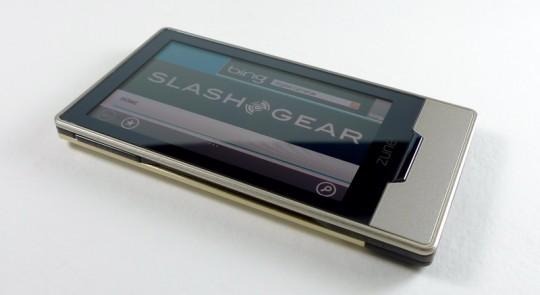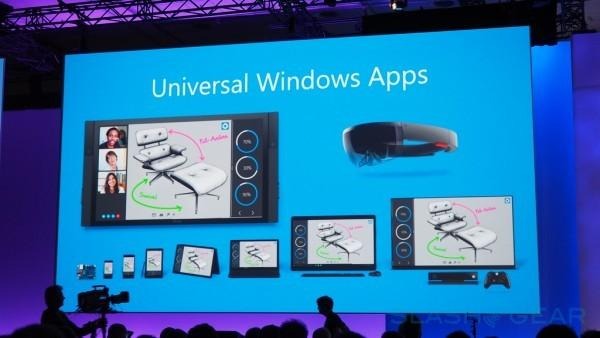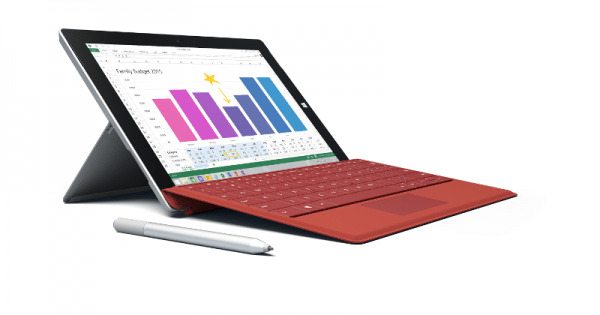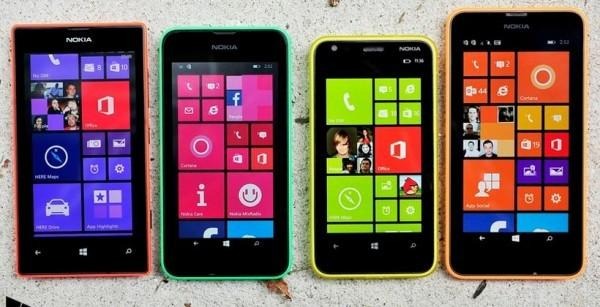Did Nadella just put the nail in Windows Phone's coffin?
Just a while ago we looked into the reasons why it wouldn't be in Microsoft's best interests to suddenly switch to Android as its mobile platform. And then head honcho Satya Nadella dropped the huge bombshell. Microsoft has, for all intents and purposes, stricken off Nokia from its books. This has lead many to conclude Microsoft's surrender in the smartphone market. And they might very well be right. Or not. Like many things in life, things aren't as clear cut as we would like, and Microsoft's struggle with mobile is far from over.
Admission of defeat
Nadella's statements were taken to be Microsoft's admission of defeat. And it practically is, but probably not in the way most would presume. It is an admission of defeat in its Lumia smartphones and its purchase of Nokia's mobile business, something it should have never done in the first place. Although Nokia was practically under Microsoft's fingers, with Stephen Elop at the helm, the formal separation between the two companies would have been more beneficial for Redmond. It gave a semblance of impartiality among other OEMs and freed Microsoft to actually focus on what it does best, making software.
Instead, Microsoft took on the burden of researching, designing, developing, manufacturing, and marketing these smartphones. Sure, it was able to exert complete control over the Lumia line, but, as we shall soon see, that might have been overkill. Overkill to the tune of $7.6 billion. Nokia's boat may have been sinking back then (or burning, as Elop would like to portray it), but a ship with a sizable hole was hardly the best savior.
Microsoft, not Microhard
Part of that reason is because, generally speaking, Microsoft is terrible at making devices. Remember the Zune? No? You are not alone. With the exception of the Xbox consoles, Microsoft has never had much success with hardware. That has changed recently, but it hasn't been a smooth ride. The Surface brand took three iterations, six if you count both RT and Pro lines, to get right. The HoloLens is a fascinating device but it isn't commercially out yet. The Microsoft Band isn't exactly doing well but hasn't been declared a huge flop either.

Again with the exception of the Xbox, which is almost like an isolated world of its own, all these other devices have survived because of one factor. They do not try to reach critical mass the ways smartphones do. The Surfaces sell relatively well, sure, but if you compare it with smartphone numbers, you'd probably write it off as well. It takes a whole different set of skills to produce mass market devices, much less manage and market them. Perhaps a bit of Apple envy convinced Microsoft to try to exercise control over both hardware and software, but Apple has been creating and building its own islands since day one. If there's one thing that Microsoft has proven to be good at, it is in building platforms.
Disambiguating the Windows Phone
Nadella's statements were curiously ambiguous, and it's not hard to imagine that it was intentionally so. It relieved Microsoft of committing publicly to something it could discard later on. But it also opened the door to much speculation on the future of smartphones in Microsoft. One thing that's certain, though, at least based on his own words, there is still a future at all. It may not be the smartphone that we know or even envision today, but it will be there, in one form or another.
Core to this future, however, is defining what mobile, or at least the smartphone part, really is for Microsoft. What is Windows Phone, after all? Is it the device or is it the OS? Chances are, most people might not be sure. What some might call a Windows Phone would actually be a Windows Phone phone (see how ridiculous that sounds?), in most cases, a Lumia. But there are other, albeit less known, Windows Phone devices out there. This confusing mess is actually a reflection of Microsoft's own schizophrenia over its mobile direction, compounded by its purchase of Nokia's smartphone business.
Microsoft's mobile future, then, hinges on clarifying where that future will be.
Windows Phone is dead, long live Windows 10!
Like many things Microsoft these days, it is hedging its answer on Windows 10. The rebranding hints to this. There is no Windows Phone anymore. There is only Windows 10 or, to be more precise, Windows 10 Mobile. Writing off its Nokia purchase and sending home thousands of employees familiar with the business only emphasizes the point. Microsoft is going back to what it's good at, and that is developing software that will drive devices and define the user experience. It should be focusing on platform.

That has somewhat been Microsoft's tune with Windows 10 and the Universal Apps spiel. Although it placed most of the weight on the desktop, due to averse reactions to Windows 8, it was also trying to build a platform on which any app can run on any device. By putting all its hardware products, and yes, that includes the Surface as well the Xbox, under one roof and under one man's purview, Microsoft is sending the message that its platform, Windows 10 in this case, embraces all and that developers, ideally, need not worry about device compatibility. Ideally. Of course, form factors will decide what form apps will take, but as far as PCs, tablets, and smartphones are concerned, it should be one, single, simple world.
Multi-faceted Surfaces
That said, the Universal Apps promise will fall flat on its face without a smartphone. Writing a Windows 10 app that embraces mobile makes no sense if there is no mobile to speak of in the first place. As much as Microsoft will want to focus on the software, that software will inevitably need hardware to run on. Windows Phone, the OS, has had very little luck garnering manufacturer support and now with its ex-Nokia workforce gone, Microsoft is in danger of actually breaking its Windows 10 promise even before it gets out the door. Nadella did mention one thing that offers a sliver of hope. Microsoft will still be putting out smartphones, a flagship even. And like what many have conjectured, it could be akin to a Surface phone.
The Surface tablets are closer to Google's Nexus than Apple's iPads. Google doesn't make Nexus devices to mass market, as proven by supply problems with the Nexus 6. It doesn't sell them to profit either, as OEM partners even consider Nexus devices unprofitable due to their low volumes and cheap prices. The Nexus program, then, is meant more to showcase Android, a reference device that shows off the best of the best, or at least what Google considers to be the best. The Surface tablets are also like that. They aren't meant to compete with the Lenovos and the HPs, even though they do. They are designed to flaunt what Windows 8 can do with the right hardware and with the right design.

Microsoft needs such as smartphone as well. Not a competitor that will turn away potential OEM partners, but as a gallery for Windows 10, showing off the best of what the OS can do on smartphones across all price and hardware tiers. They should be designed to inspire not just users but also manufacturers to take up the platform. Microsoft could very well call that line Lumia, since that is already associated with smartphones, but the name now also carries a lot of excess baggage that Microsoft could do without.
Wrap-up
Satya Nadella definitely knows how to stir up controversy without having to jump all over the place shouting. Already a release with so many expectations, the Microsoft CEO just raised the stakes even higher. Without a smartphone business to call its own anymore, Microsoft's future on smartphones now rests heavily on Windows 10 and its mobile counterpart. But the company also needs to put out a "Surface phone" that will convince consumers and manufacturers alike that it is even worth going with a Microsoft mobile OS.
So, did Satya Nadella just kill the Windows Phone? Yes he did, and maybe it's about damned time. But if all things go well, it will rise from the ashes like a phoenix, under a different guise and a different name. That is, if all goes well.

